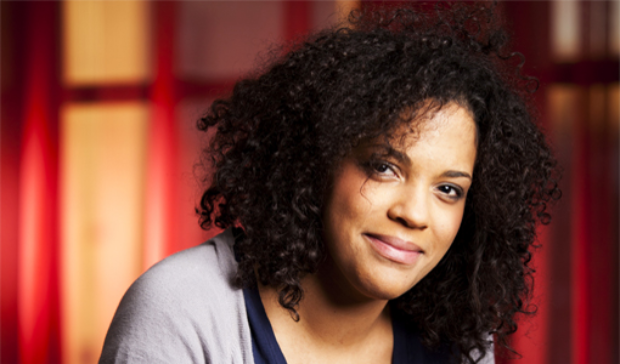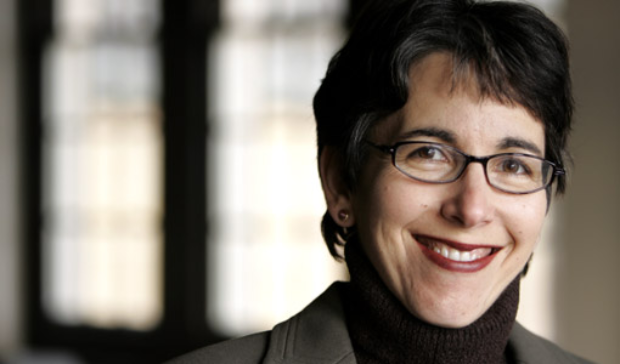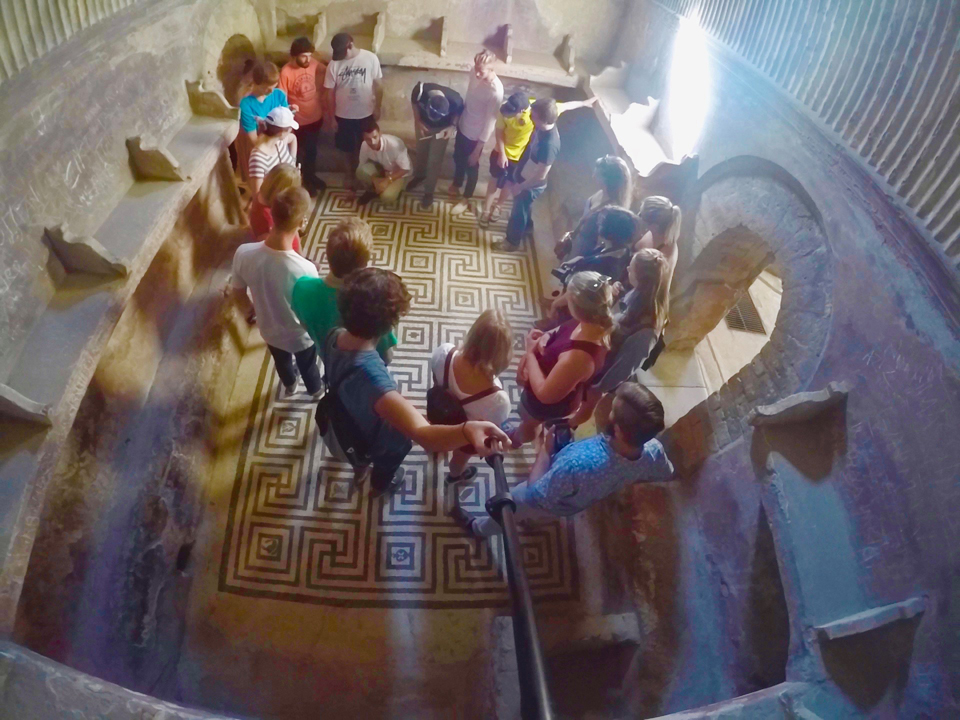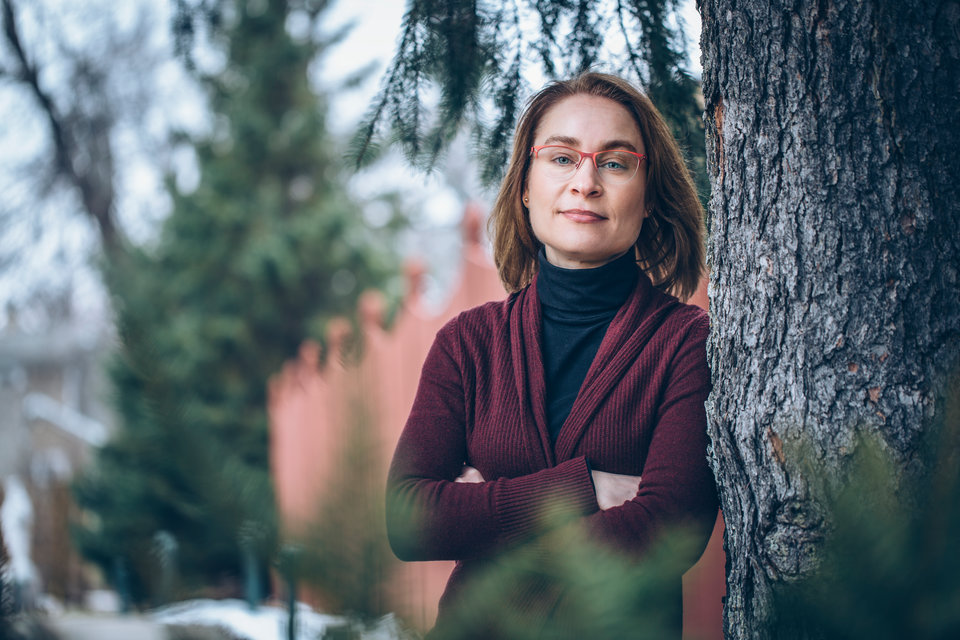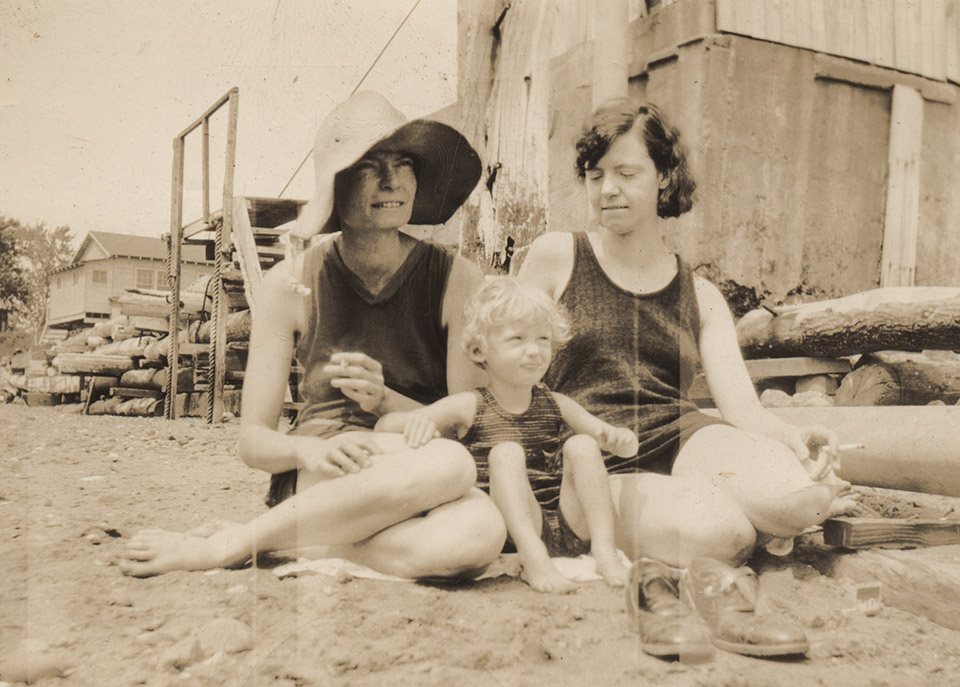Poet, playwright and performer Lisa Brimmer graduated with a major in sociology and a minor in English. In 2009 she attended the Juniper Summer Writing Institute at the University of Massachusetts and won a fellowship to attend the Givens Black Writers Collaborative Retreat. In 2010, she was one of two recipients of a Playwrights’ Center Many Voices Fellowship, a yearlong program of study with playwright Christina Ham. It will culminate in June with a staged reading of Brimmer’s own play.
Lisa, I know you moved among many different disciplines (theater, sociology, creative writing) during your years at St. Thomas, and right now you’re writing plays by day and doing collaborative poetry with jazz musicians by night. Can you talk a little about the way your work moves among these disciplines?
Where to begin? When I entered college I was convinced I was going to become a writer. I thought I’d write fiction, though I’ve never completed any of the stories I’ve started. My first semester, I was really engaged in my sociology class. It was an opening up of worlds I wasn’t yet familiar with: cities, populations and environments with conditions I’d never experienced. This is a lot like literature, really. Or better yet, this is literature we sometimes read to find each other, rather than reading to find ourselves.
I persisted with sociology and English literature in tandem and eventually received a degree in sociology. I attended Midwest Sociological Society Conferences (in Chicago and St. Louis) presenting research papers with other undergrads. When it came time to think about graduate school, I was convinced I was going to be a sociology professor. I was one of those people who took sociology as a safe and practical gesture toward both academia and self. Didn’t get into graduate school. Didn’t go. This forced me to do some re-evaluation. I worked for a while post-grad as a personal advocate for an insurance company. I hated it. I would sit in my cube and feel that I was not actually helping people, and it became a bit injurious. I found myself reading in my time off and writing into the wee hours. It was really draining. I had been bitten by the poetry bug late in my college career – most specifically in your class, Leslie, Intermediate Poetry Writing. It was a time when I was beginning to find my voice and style and the architecture of my thought, all the while trying to find the way I fit into the world as a human being.
The summer after I graduated from St. Thomas, I went to work with the poets Dara Wier and Terrance Hayes at the Juniper Institute in Amherst, Mass. I felt like I didn’t know exactly what I was doing on the page. Certainly I was acting up, breaking rules and all that. Not only was I enjoying it, I was like a kid with a yo-yo learning how to “walk the dog” and make the “Eiffel Tower.” I was creating, and I wanted to show off. Later that year, when I was a Givens Fellow, writer Laurie Carlos told me that I had to stop apologizing in my work, and if I was going to continue apologizing I needed to at least understand why. Carlos’ advice was a breakthrough for me. The writing I was doing was very character driven, more like monologues and dialogues than a simple poetic rendering of experience. Ishmael Reed and Carlos both pushed me to write for the stage, so I applied for the Playwrights’ Center Many Voices Fellowship and got it!
I also began collaboration with jazz group Lulu’s Playground. Adam Meckler and I spoke early last year about collaborating to synthesize some of my spoken word into an avant-garde jazz/classical ensemble he was creating. They were doing everything from Shostakovich to Hank Williams. The first time I sat down with them it felt incredible. I’ve also worked with the Fantastic Merlins and Nathan Hanson, Brian Roessler and Rahjta Renn. These guys are so intuitive and free. When I play with them it is like all of that sadness, all of that grief is accessed, but with a palpable whimsy that adds a spoonful of sugar to help the medicine go down.
Jazz music and the jazz community in general have allowed my work a foot in the door to public performance. It took me out of the often isolating place writing can put one. Now my biggest struggle is balancing the public self I’ve created and the private writer. It takes discipline I’m still learning.
What advice would you give current St. Thomas students in creative writing?
Keep writing and keep reading and learn how to be your best editor. As we grow as writers and also into our own adulthood, there won’t always be a workshop or a mentoring writer to use as a reference point. It’s important to learn about others’ work so you can recognize the magic of your own.
You’ve done such a good job of making connections in the Twin Cities community of artists and writers. Can you give current St. Thomas students some advice about how and why moving beyond the campus might enrich their years here?
I think as a student you can tend to become really restricted to the offerings of campus life. You can limit yourself. Here in the Twin Cities there is such a vibrant community of artists and writers that if you start going to a few things, you begin to see familiar faces. Minnesota artists (even our transplants) are very friendly, warm and willing to talk to young artists.
I know you maintain a blog, and I wonder if you could talk about the pleasures and pitfalls of blogging for a writer-artist.
This is a great question. I started the blog [https://2speakeaseblog.wordpress.com/ ] in 2009 as a manner of holding myself accountable. It was to be an online response to the things I was interacting with musically, in literature and on stage. Originally very inwardly focused, over the last year it has begun to morph into something more like an entertainment blog. Now I try to support some of my friends and artists by advertising for their shows. There are a lot of things about the old blog, when I had no notoriety, that I miss. I am no longer able to be as socially political as I’d like to be. But I can put that in my work. And I do, or I try to. For now I’m trying to observe and learn as much as I can every moment I’m lucky enough to be producing work people are hearing.
What is next for you in the best of all possible worlds?
Well, I am hoping to go back inside myself and write. I’ll begin to amalgamate a larger body of work. I have a few play concepts that I need to finish up and workshop before they will be ready for production, and I hope to commit more fully to the writing of plays and to continue writing poetry. In the best of all possible worlds, I will find a balance between the two forms. And a little balance between writing and performing.
Read more from CAS Spotlight
